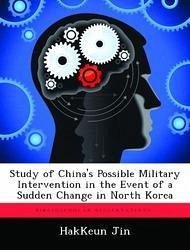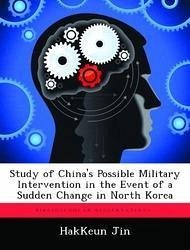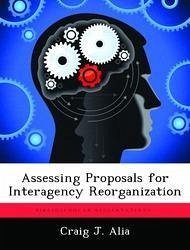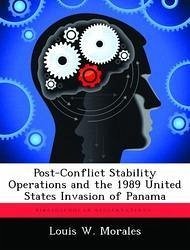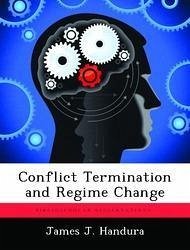
Reevaluating the United States Approach to Conflict and Military Intervention
Versandkostenfrei!
Versandfertig in über 4 Wochen
52,99 €
inkl. MwSt.
Weitere Ausgaben:

PAYBACK Punkte
26 °P sammeln!
The realist paradigm is the USG's dominate perspective for conflict analysis. Historically, this perspective has served the United States well, leading to its ascension from colonial possession to global hegemon in less than two centuries. There is mounting evidence, however, that this perspective and its associated approaches are inadequate for the conflicts it is currently and will continue to engage in the 21st Century. Recent trends suggest that the U.S.' future conflicts will be more emotional and intractable than the ones it traditionally prepared. The realist paradigm with its explicit ...
The realist paradigm is the USG's dominate perspective for conflict analysis. Historically, this perspective has served the United States well, leading to its ascension from colonial possession to global hegemon in less than two centuries. There is mounting evidence, however, that this perspective and its associated approaches are inadequate for the conflicts it is currently and will continue to engage in the 21st Century. Recent trends suggest that the U.S.' future conflicts will be more emotional and intractable than the ones it traditionally prepared. The realist paradigm with its explicit focus on rational decision-making and substantive issues fails to provide insight into and lacks the concepts, methods, and tools to effectively address intractable conflict's multiple dimensions. The systems paradigm, specifically the dynamical systems approach, provides valuable insights into conflict formation, maintenance, and resolution that practitioners can use to design and monitor more effective resolution strategies. More importantly, it provides an overarching framework that incorporates the relative strengths of multiple conflict paradigms into a cohesive holistic approach. This thesis argues that adopting a more holistic approach to conflict resolution would increase the effectiveness of USG's international intervention efforts.





